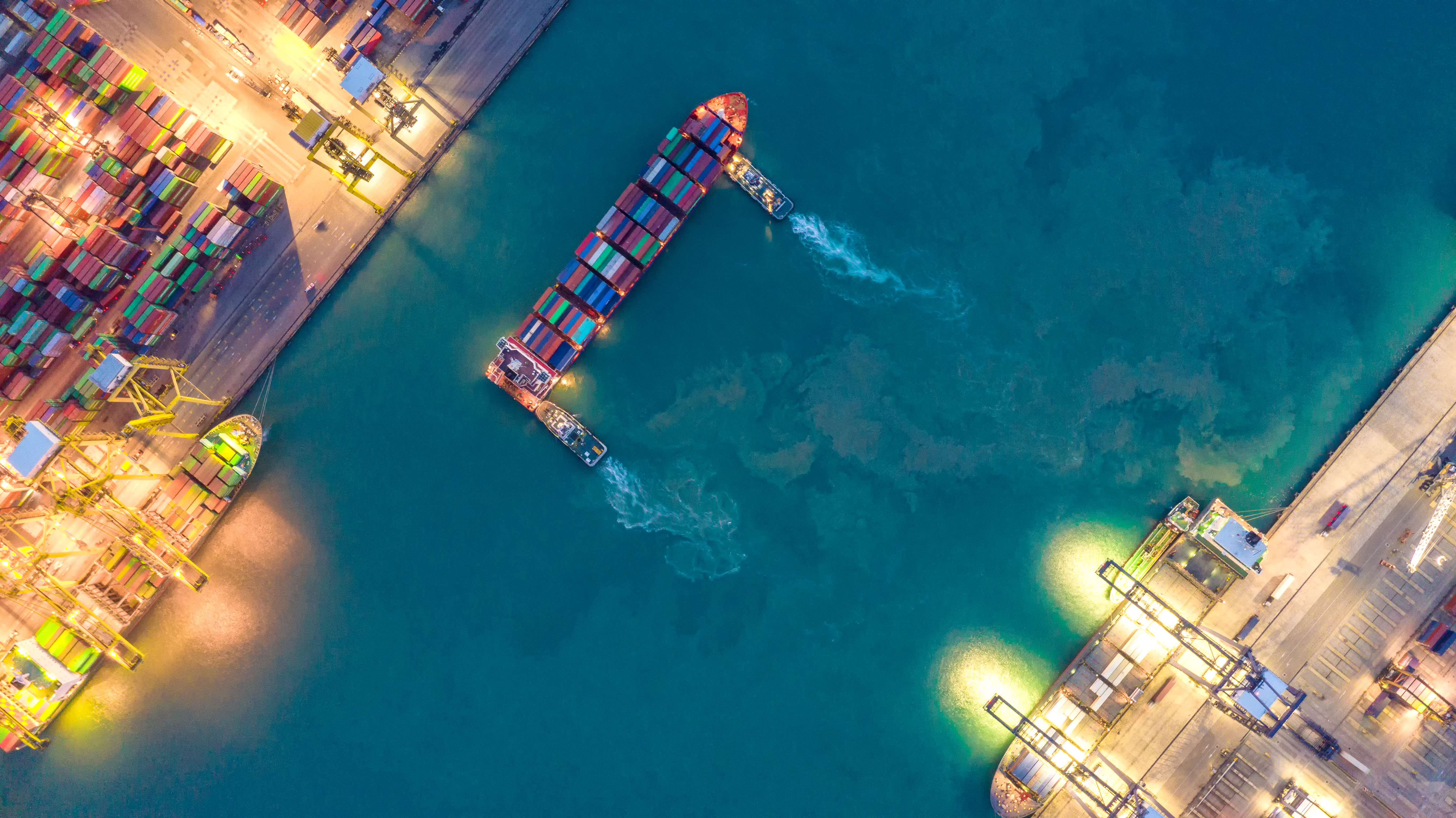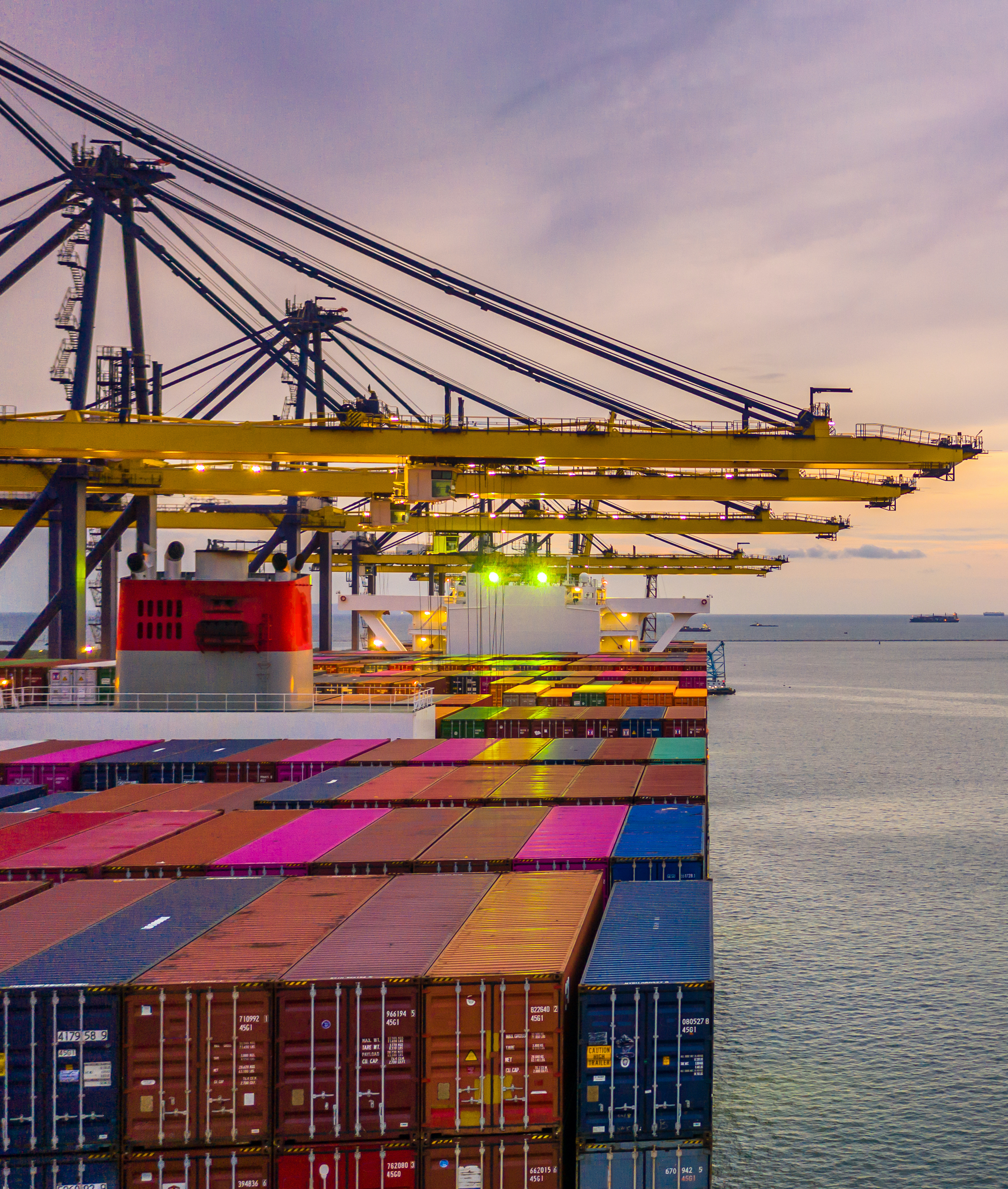tralac Certificate Course
International Trade Law and Policy for Africa’s Development
April - June 2022
Module 1
International Trade Policy and Law in the 21st Century – foundational disciplines
25 - 29 April 2022
Module 2
A comprehensive International Trade Law and Policy agenda
16 - 20 May 2022
Module 3
Africa’s trade and integration agenda – the African Continental Free Trade Area (AfCFTA), Regional Economic Communities and bilateral relations
13 - 17 June 2022
Global context
This course comes in the wake of the indefinite postponement of the World Trade Organisation’s (WTO) Twelfth Ministerial Conference (MC12), following the identification of a new, fast spreading COVID variant – omicron. Prospects for a successful MC12 did not look promising, but this development is a reminder that we find ourselves in uncertain times. The appetite for multilateral governance solutions remains weak at a time when global cooperation in many spheres is badly needed. On 2 December 2021, Heads of 67 WTO delegations which have been engaged in the Joint Initiative on Services Domestic Regulation announced that they had successfully concluded negotiations to reduce administrative costs and create a more transparent environment for service providers doing business in foreign markets.
This development may well be the precursor to other such plurilateral initiatives, while multilateral agreements remain elusive.


Trade policy and governance in Africa
Despite global trade governance developments there is renewed interest in trade and regional integration in Africa. The African Continental Free Trade Area (AfCFTA) has entered into force, and trade under an ‘interim arrangement’ was launched on 1 January 2021. This has not happened, and to date no trade has taken place under the AfCFTA. The basic elements of the AfCFTA are still being negotiated. Tariff concessions and rules of origin, as well as specific commitments for the priority services sectors are still on the negotiating table. Phase 2 and Phase 3 negotiations covering investment, competition and intellectual property, and e-commerce are in the early stages. A very welcome development is that a Protocol on Women, Youth and SME development has been added to the agenda.
This course will focus specifically on issues relevant to the AfCFTA and Africa’s broader trade and integration agenda. Focus on Africa’s global trade relations will also be studied. These relationships remain important given that more than 80% of Africa’s trade is still with global partners.
tralac (Trade Law Centre) is a public benefit organisation based in the Western Cape region of South Africa. tralac’s mission is to build trade law and policy capacity in east and southern Africa; assisting these countries to develop their capacity to produce tradables competitively, to enhance their trade performance and to ensure that trade contributes to development, within a rules-based system of international trade governance.